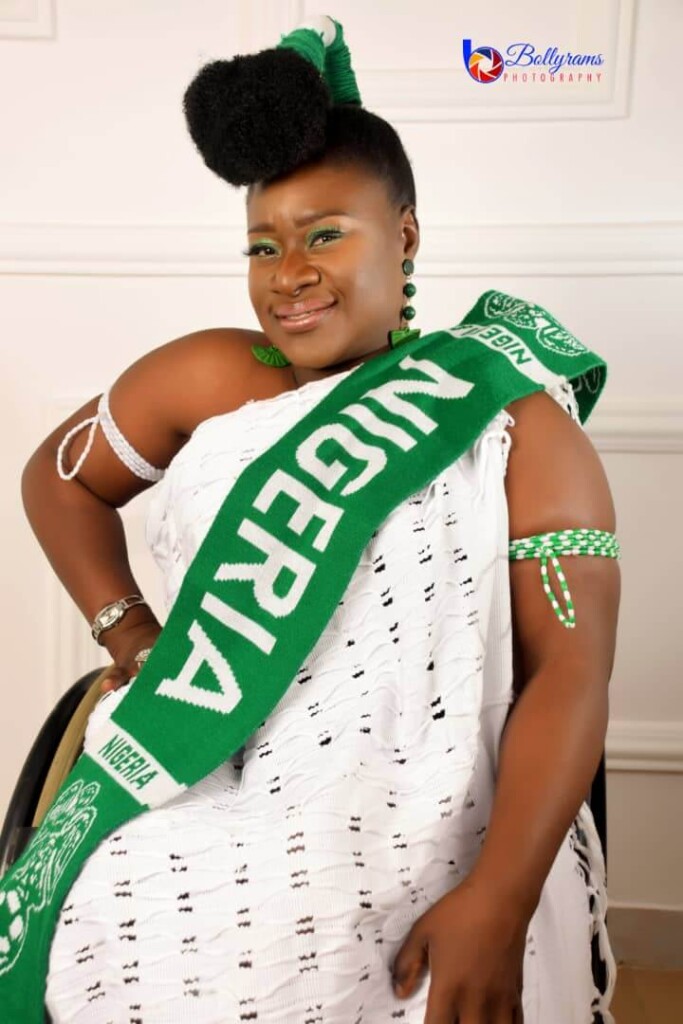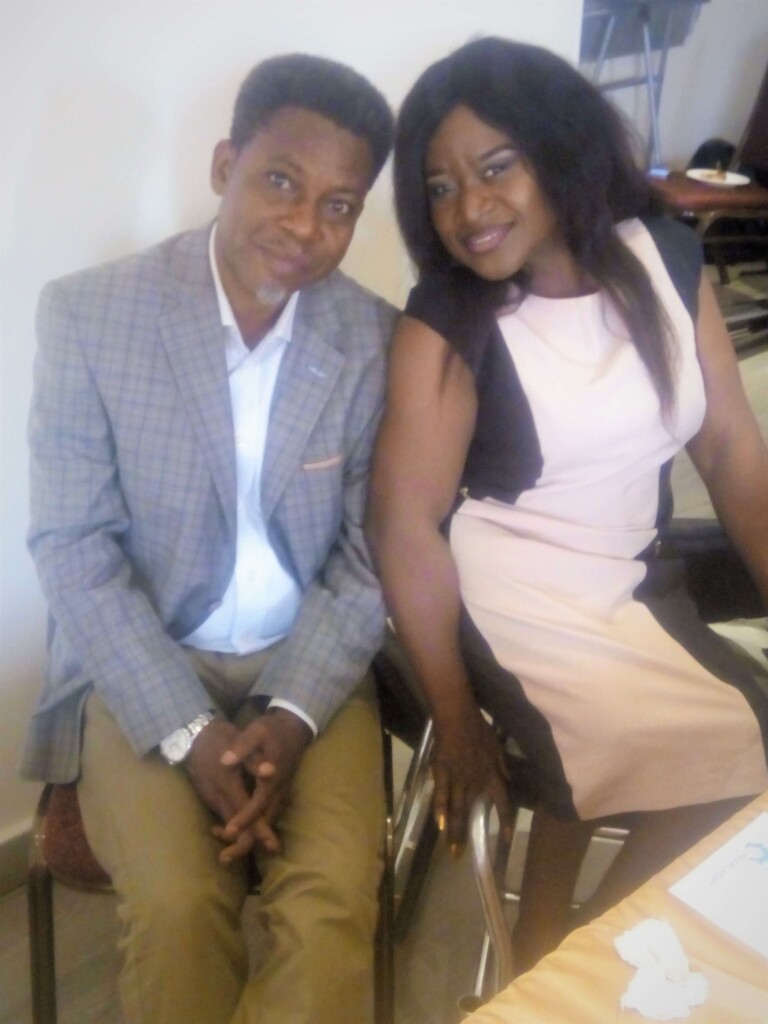RITA OFILI is a fashionista, a visionary, a start-up thespian and motivational speaker. She describes herself as a Para-Ability Role Model. And she has all it takes to be in that role, from elocution to poise, coupled with her mental alertness and existential presence. But her dream for recognition is subdued by her physical disability.
Our media agency facilitated a capacity building programme recently for Association of Persons Living with Physical Disabilities. Our brief included adequate publicity across all media channels. The programme, managed by British Council’s Rule of Law and Anti-Corruption Programme and sponsored by the European Union, was attended by scores of people living with physical disability. Among them were fashion designers, sports men, and of course Rita, who did a modeling cameo to my admiration.
Though vivacious and playful, she told me of her frustration with public disdain to the plight of people living with physical disabilities in Nigeria. Why won’t an MTN, a Glo, an Airtel or such corporate organizations with massive publicity campaigns use her to model one of their numerous adverts or make her a brand ambassador, she asked. Apart from her frustration with corporate organizations, what of the apparent minuscule efforts of the government and its agencies in entrenching a scheme of inclusiveness? And COVID 19 pandemic has worsened the situation for them, because even in normal times, they are less likely to access education, healthcare and income opportunities, or to participate in their communities. With the pandemic intensifying these inequalities, they are more likely to live in poverty, and to suffer higher rates of violence, neglect and abuse.
On May 6, 2020, the UN Secretary General António Guterres launched a report on the silent dangers of the COVID-19 pandemic as it intensifies inequalities experienced by the world’s one billion people with disabilities.
Apart from Lagos which is a leading light in this programme of inclusion, and signing into law the Special People’s Bill, how many other states have shown much concern? Even Lagos needs to do more if what transpired at the capacity building programme is anything to go by: The Association leaders were to deliver a request letter to the Lagos State Government through the then Commissioner of Youth and Social Development. They camped at the ground floor reception of the ministry, some in wheel chairs and some on support sticks, waiting for the commissioner who was out of office. When he came, rather than address the horde, he zapped through them to his first floor office. It then became a challenge for me to arrange people to carry these men and ladies through the stairs to the commissioner’s office because the building didn’t have a ramp. The State chairman of the association, Dare Dairo, fell off his wheel chair twice as a friend and I hauled him through the stairs.
The nonchalance from public and private places is crippling creativity in these wonderful creatures of God.
Rita is undaunted though. She says: “I am a physically challenged person on wheelchair who has resolved to create the world I want to live in irrespective of my physical challenges. My wheelchair of fortune sure has wheeled me through life challenges and has taken me to some beautiful places, whilst doing my daily activities.”
Inclusiveness in all endeavours should be an inalienable right of people living with physical disabilities. Rita should get her desired role of a model or brand ambassador, not out of pity for her physical disability, but because of the huge potential she carries and her mental ability. Or what do you think?




